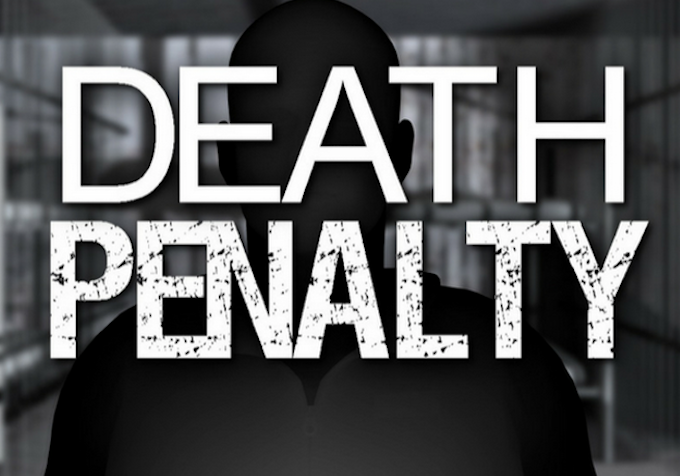
By Trevor Wahune in Port Moresby
A five-man Supreme Court bench has quashed by a majority decision National Court temporary orders that have stayed the death sentence of 14 prisoners on death row in Papua New Guinea.
The court ruled that the lower court lacked jurisdiction at the time to commence the proceedings on its own initiative under Cection 57(1) of the Constitution, and directed that the orders be dismissed.
This ruling clears the way for the first executions in Papua New Guinea for 70 years.
These orders were appealed to the Supreme Court by the state, through Solicitor-General Tauvasa Tanuvasa, after he identified errors of law, made by the primary judge in 2017.
These were errors of commencing the proceedings as an inquiry, establishing that there were prisoners on death row who were awaiting execution with five having had no Supreme Court appeals or reviews pending and nine awaiting completion of their Supreme Court appeals.
The primary judge at time held that there were breaches in their rights under sections 36, 37 and 41 of the Constitution and also declared that the National Executive Council (NEC) had failed to facilitate appointments of members of the advisory committee on the power of mercy (ACPM) to determine their mode of execution.
The bench, that comprised deputy Chief Justice Ambeng Kandakasi and judges George Manuhu, Ere Kariko, Colin Makail and Nicholas Miviri, reached these orders after the majority held two of three grounds of appeal.
One minority view
Justice Manuhu was the only minority view, resulting in a four out of five judgment.
The grounds appealed by the state that were anonymously upheld were that the National Court lacked jurisdiction in such proceedings, that the proceedings were contrary to section 57 of the Constitution; and that assuming the decision of the transferees case by erroneously holding that decision was Orbita Dicta.
Orbita Dicta is a judges expression of opinion uttered in court or in a written judgment, but not essential to the decision and therefore not legally binding as a precedent. Also the trial judge had erred in law when he found breaches of the prisoner’s rights without any evidence and facts that established any of the breaches.
The bench also ordered that the National Court direction to the state, which was the appellant, to facilitate the appointment of members of the advisory committee on the powers of mercy and to provide a report to the NEC on October 12, 2017, in the proceeding styled HROI No. 2 of 2015 be quashed.
Tanuvasa, when contacted, told the PNG Post-Courier: “There is no impediment now.
“Those on death row can now apply to the power of mercy.
“Or all executions could proceed soon after the NEC properly appoints the members to a committee that would identify the most possible mode of execution.”
Trevor Wahune is a PNG Post-Courier reporter.






































